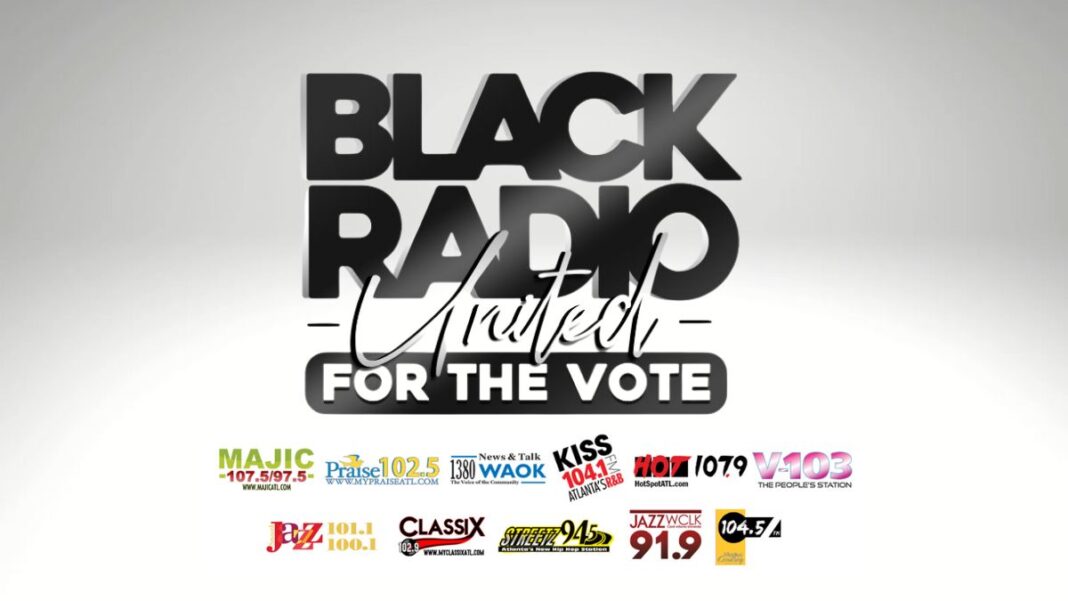The Walt Disney Company and DirecTV are currently engaged in a carriage dispute that has caused the Disney portfolio of networks, including ESPN platforms, to be blacked out on the service for the last week-and-a-half. As a result, the satellite provider’s base of approximately 11 million customers have been unable to tune into the action, along with college football game broadcasts, studio programming and other ESPN content. John Skipper, former president of ESPN, can perceive how the landscape has changed since working for the company and the new era in which these deals are being negotiated.
Concurrent with a year-over-year decline in cable television subscriptions, a similar effect is being realized for satellite television. Data from MoffettNathanson indicates that 13 million U.S. households subscribe to satellite television, representative of an approximate 15.3% year-over-year drop. Unlike the dispute last year between Disney and Charter Communications, the two sides did not reach a deal prior to the season debut of Monday Night Football.
Disney and DirecTV have both released statements in recent weeks stating that they are working in the best interest of its customers to try and come to an agreement; however, Skipper does not believe that is at the top of mind for both entities. Instead, he alleges that the companies are thinking about their own needs and how a business transaction can help facilitate them. The deal officially expired at the end of August, something that Skipper divulged is deliberate with one major deal ending per year.
“That is by design because we were able to create what we thought was a roadblock of great sports content that no distributor would be willing to take us off the air, and up until this year and this event, which is, I say, is a different time and a different circumstance, that always proved to be true,” Skipper explained on the latest edition of The Sporting Class. “And while there were always protestations by the distributor, ‘We’re going to black out your stations. We can’t agree to this contract you have in front of us,’ I never for a minute believed any of it.”
These distribution deals, according to Skipper, have most favored nation clauses, safeguarding that providers receive equal benefits under the deal. Yet he recognizes the importance of NFL programming, which accounted for 93 of the top 100 most-watched television shows in the United States last year, and believes that was the reason Disney and Charter Communications reached a deal.
The paradigm did not unfold in the same manner this time despite the triangulation of NFL games with college football matchups and the US Open. David Samson, former president of the Miami Marlins and current host at Meadowlark Media, acknowledged the existence of such a deterrent, but he also elucidated how the ecosystem has changed in that customers are one click away from switching services rather than needing a physical installation of the product.
“I believe that all the leverage that used to exist on both sides between DirecTV and ESPN has changed,” Samson articulated, “and that’s why no deal happened because both sides still are holding on to this thought that it’s the world that did exist in terms of the relationship between the distributor and the content provider, and for me, that world, as you said, has changed, and we’re now going to see a complete change in the economics of it.”
Part of the reason the US Open mattered was that it brought media executives to Flushing Meadows Corona Park where they would occupy corporate suites and see their counterparts. There could be purported animosity between these entities, host Pablo Torre said, with Skipper pointing to the preliminary injunction that has prohibited the launch of Venu Sports.
On top of that, Skipper conveyed that The Walt Disney Company has always been hesitant to sell people skinnier packages that only contain sports. In fact, recent reporting from John Ourand of Puck News states that Disney could look to license content from FOX for its ESPN Flagship direct-to-consumer platform, said to be launching next year, since both companies “rely so heavily on sports for their affiliate fees.”
Skipper noted that within the latest quarterly earnings report from The Walt Disney Company, revenue in its media and entertainment segment increased 4.5% year-over-year to $10.58 billion. The rise of 4.5% year-over-year encompasses approximately 45.7% of revenues at the company and exists while linear network revenue moves in the opposite direction. ESPN generated $4.28 billion in revenue on the quarter, a 5% year-over-year increase, with a subsequent $1.09 billion in operating income (+4% YoY).
“DirecTV is looking at their shrinking universe, and their universe is shrinking,” Skipper said. “They were once north of 20 million [subscribers] – they are now reported to have 11 million subscribers. I doubt that takes into account the number of hotel rooms and apartment building complexes they’re in where they don’t get the same amount of money they get for a household that calls and has a truck troll up in, so the situation’s actually worse for them than it sounds.”







